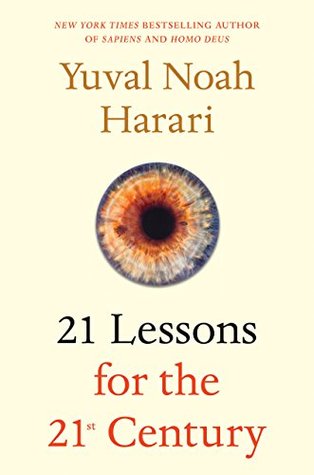More on this book
Community
Kindle Notes & Highlights
Perhaps in the twenty-first century populist revolts will be staged not against an economic elite that exploits people but against an economic elite that does not need them anymore.6 This may well be a losing battle. It is much harder to struggle against irrelevance than against exploitation.
Whereas in the late nineteenth century the liberal story cared mainly about the liberties and privileges of middle-class European men, by the late twentieth century it has come to champion the cause of working-class people, women, minorities, and non-Westerners.7
But liberalism has no obvious answers to the biggest problems we face: ecological collapse and technological disruption.
The technological revolution might soon push billions of humans out of the job market and create a massive new “useless class,”
not from some mysterious free will but rather
We might actually get the worst of both worlds, suffering simultaneously from high unemployment and a shortage of skilled labor.
people would be able to repeatedly reinvent
universal basic support will have to be supplemented with some meaningful pursuits, ranging from sports to religion.
Feelings are therefore not the opposite of rationality—they embody evolutionary rationality.
People estranged from their bodies, senses, and physical environment are likely to feel alienated and disoriented.
getting to know each other as whole people instead of just opinions—something
Whatever changes await us in the future, they are likely to involve a fraternal struggle within a single civilization rather than a clash between alien civilizations.
It is a dangerous mistake to imagine that without nationalism we would all be living in a liberal paradise. More likely we would be living in tribal chaos. In particular, democracy cannot really function without
the “Nationalist International” envisions the world as a network of walled-but-friendly fortresses.


